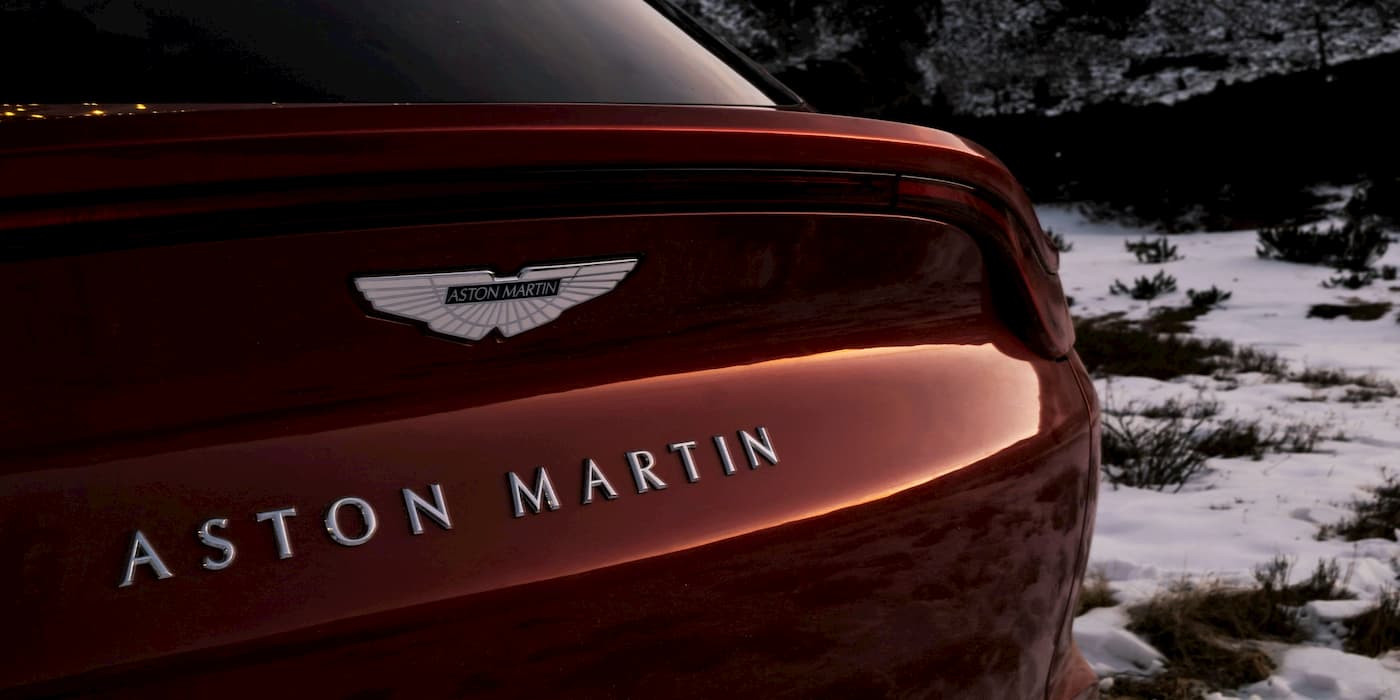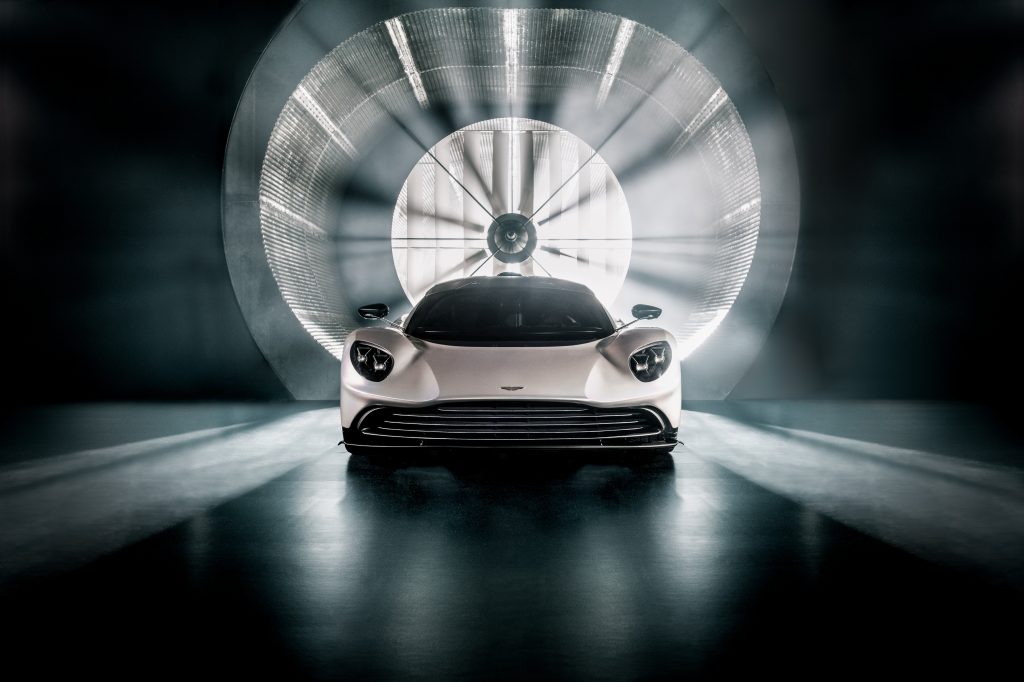
After promising what would be the “world’s most thrilling and highly desirable” EV, luxury automaker Aston Martin says that it is pushing back its plan to launch its first BEV by a year due to what it says is “low consumer demand.” Guess those thrills will have to wait.
The UK automaker says it will now launch its first battery-electric sports car in 2026, a year later than scheduled, reports Automotive News Europe.
Last June, Aston Martin announced that it was launching four new all-electric cars in four years, starting in 2025 – and relying on Lucid’s EV technology to make it happen. Aston Martin said it was working toward building “the world’s most thrilling and highly desirable electric performance cars,” with access to Lucid’s proprietary EV powertrain technology, including its high-performance twin motor unit, battery tech, and Wunderbox charging system (including those used in the 516-mile EPA-est. Lucid Air Grand Touring). The partnership with Lucid has been estimated to be worth more than $450 million.
But times have changed, the company has said, and now it is shifting gears – or perhaps more fairly, pressing pause.
“The consumer demand (for BEVs), certainly at an Aston Martin price point, is not what we thought it was going to be two years ago,” executive chairman Lawrence Stroll said today, as the company released its 2023 results.
The way he sees it, there is “much more driven demand” for plug-in hybrid vehicles, especially for a brand like Aston Martin. He added that consumers “want some electrification … but to still have the sports car smell and feel and noise.”
According to the report, Stroll isn’t sweating fierce competition from BYD either, saying that he is “happy with the battery technology and platforms available to the company.”
Aston Martin has already sunk a hefty 2 billion pounds ($2.53 billion) to push new technologies over the next five years and shift away from ICE to BEV technology. The company added that it plans to invest 350 million pounds in new product development in 2024.
Mercedes-Benz, too, is delaying its goal to sell only electric cars by five years, telling investors it plans to invest more in ICE.
In looking at the earnings report, Aston Martin’s adjusted earnings before interest, taxes, depreciation, and amortization rose 58% to 174.8 million pounds in the fourth quarter, reports Automotive News Europe. A $33 million payment to Lucid Group played a role in cash flow in that quarter as well, and for the year the company reported an operating loss of 111 million pounds.
Production of its new quarter-of-a-million-dollar DB12 sports car was off to a slower start than planned, due to supply issues and problems with the infotainment systems, but now that is full steam ahead. By the end of March, the company says it expects to have the order books full for the new car through the rest of the year – and Aston Martin’s first hybrid supercar, Valhalla, is on course to enter production this year.

Well, this certainly begs the question, will the next James Bond be driving that electric Aston Martin we were dreaming about?
